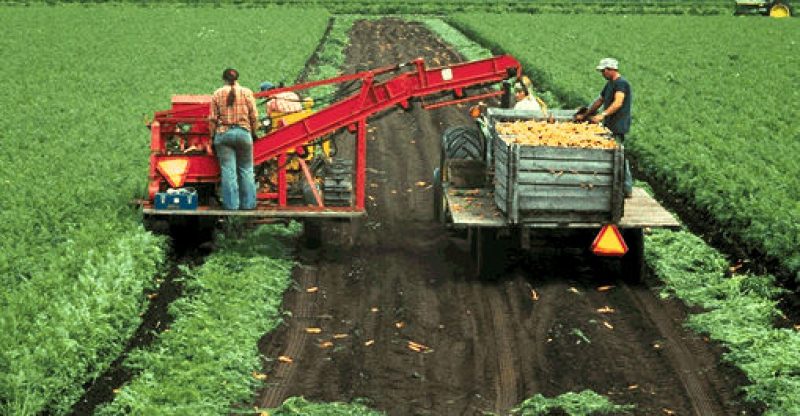Canadian agricultural sectors needs for funds
Canadian food experts say that the agricultural industry can become very beneficial if only the sector is well funded to boost on its productivity. According to Evan Fraser, the head of the University of Guelph’s Food Institute, “agriculture really is at the point of a new industrial transition.”
As the Canadian population increases coupled with rapid climate change, food production is greatly affected and if this being case, agriculture will definitely become a very important sector globally and Canada should take advantage of the coming agriculture change but needs to invest to improve on the sector.
Speaking in line with this new development, the Liberal government’s Advisory Council on Economic Growth in its reports also emphasized the need to boost both agriculture and agri-food exports. This will serve as an additional US$30 billion in exports in international exports shares which is close to 2% of the current GDP.
Fraser added that Canada will become a global giant in terms of agriculture and in the agri-food industry given that Canada has vast lands and freshwater. But this can only be made possible if investments are made by the federal government.
Advancement in technology in new farming tools could be the way forward for Canadian farms and also increase on growth and productivity.
According to Fraser, the ideology of a tractor driving through a field and knowing the exact position to plant viable seeds at the right time, giving it the sufficient amount of water and fertilizer is something Canadians should think about.
‘We can establish a Silicon Valley type vibe of food in Canada where we can gain in terms of innovation, jobs and most likely sustainability.”
As the Finance Minister Bill Morneau reveals the budget in the House of Commons, he will not only talk about coming up with funds for technology but also investments for agricultural data.
Farming data is very vital to farmers as without it; it becomes very challenging for production to be improved.
Investments would also be made on data analytics and processing infrastructure but one of the major risks involved with technology is wiping away traditional farming jobs and methods.





